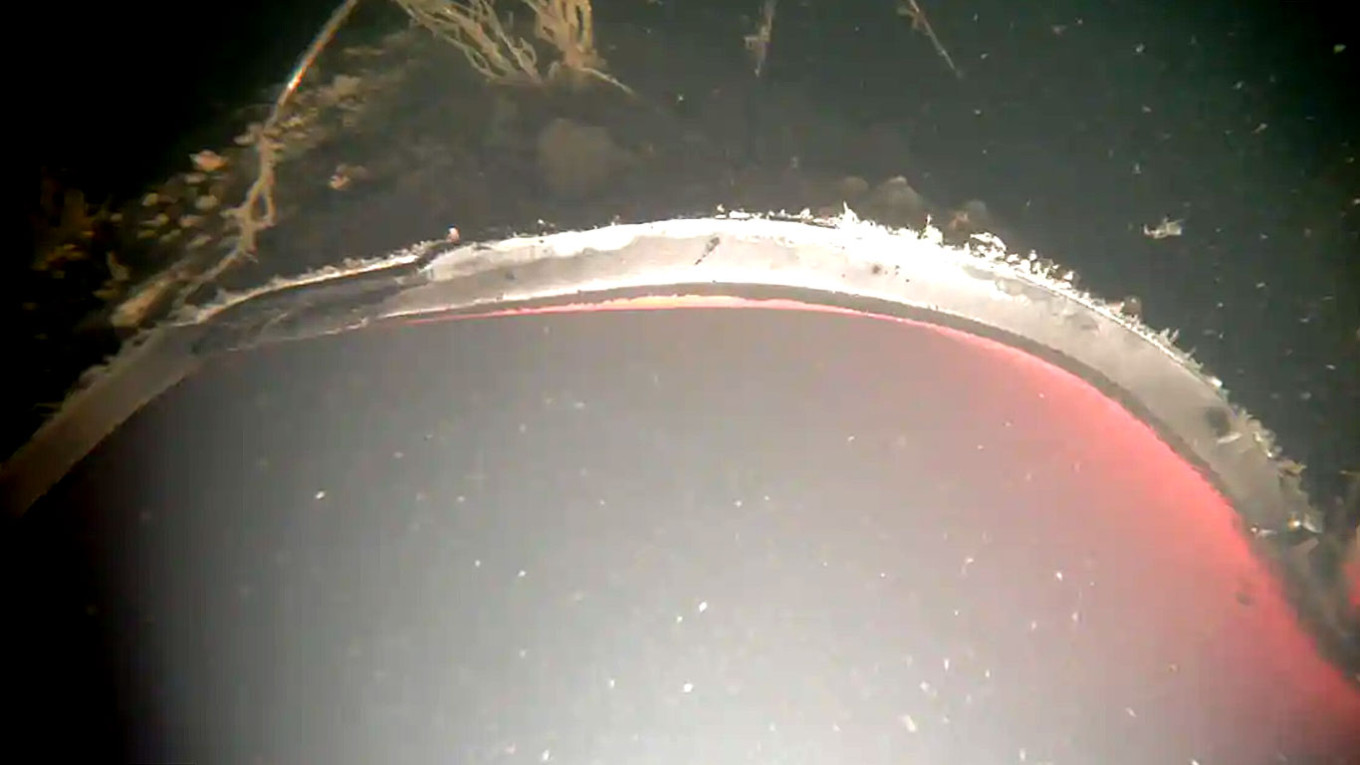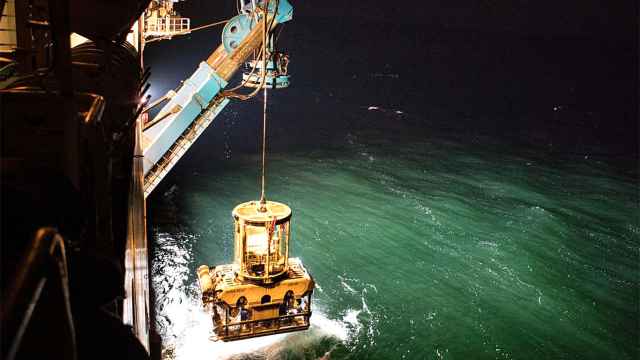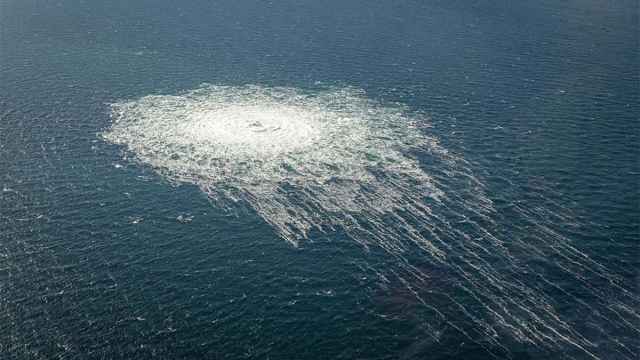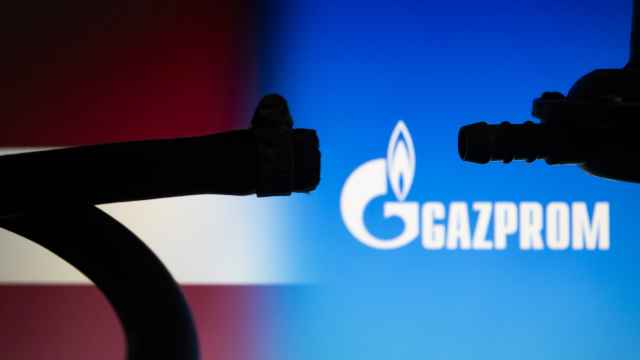The Kremlin said Tuesday that the investigation into the explosions that tore through the Nord Stream gas pipelines was being "tailored" to place the blame on Russia.
Explosions in early September sent natural gas bubbling up from the pipelines on the floor of the Baltic Sea to the surface in a major environmental disaster that further ratcheted up geopolitical tensions over energy supplies.
"From statements we hear from Germany, France and Denmark, this investigation is being a priori tailored to place blame on Russia. This is absurd," Kremlin spokesman Dmitry Peskov said.
Moscow has accused Western countries of being behind the explosions of the pipelines, built to carry Russian gas to Germany, while Ukraine has said Russia was responsible.
"Russia would not blow up its own pipeline," Peskov said.
"We can only express regret that this entire investigation is taking place in a very, very closed setting ... without the participation of the Russian side, which is a co-owner of this pipeline," he added.
Moscow earlier expressed "bewilderment" over its exclusion from an investigation into the incident and opened its own probe.
"We do not have the opportunity to conduct our own investigation on the spot," Peskov said Tuesday, but investigators from Russia's secret services "are doing their job."
Denmark said last week its investigation, which it is carrying out with Sweden and Germany, was "progressing well."
Swedish authorities had earlier said an inspection of the site of the explosions strengthened suspicions of sabotage.
At least 50 meters of the Nord Stream 1 pipeline has been destroyed or buried under the seafloor, images from Swedish newspaper Expressen showed Tuesday.
The pipelines have been at the center of geopolitical tensions as Russia cut gas supplies to Europe in suspected retaliation against Western sanctions over Moscow's invasion of Ukraine.
Although the pipelines were not in operation at the moment of the explosion, they were still filled with natural gas, or methane, which is a powerful greenhouse gas.
A Message from The Moscow Times:
Dear readers,
We are facing unprecedented challenges. Russia's Prosecutor General's Office has designated The Moscow Times as an "undesirable" organization, criminalizing our work and putting our staff at risk of prosecution. This follows our earlier unjust labeling as a "foreign agent."
These actions are direct attempts to silence independent journalism in Russia. The authorities claim our work "discredits the decisions of the Russian leadership." We see things differently: we strive to provide accurate, unbiased reporting on Russia.
We, the journalists of The Moscow Times, refuse to be silenced. But to continue our work, we need your help.
Your support, no matter how small, makes a world of difference. If you can, please support us monthly starting from just $2. It's quick to set up, and every contribution makes a significant impact.
By supporting The Moscow Times, you're defending open, independent journalism in the face of repression. Thank you for standing with us.
Remind me later.






